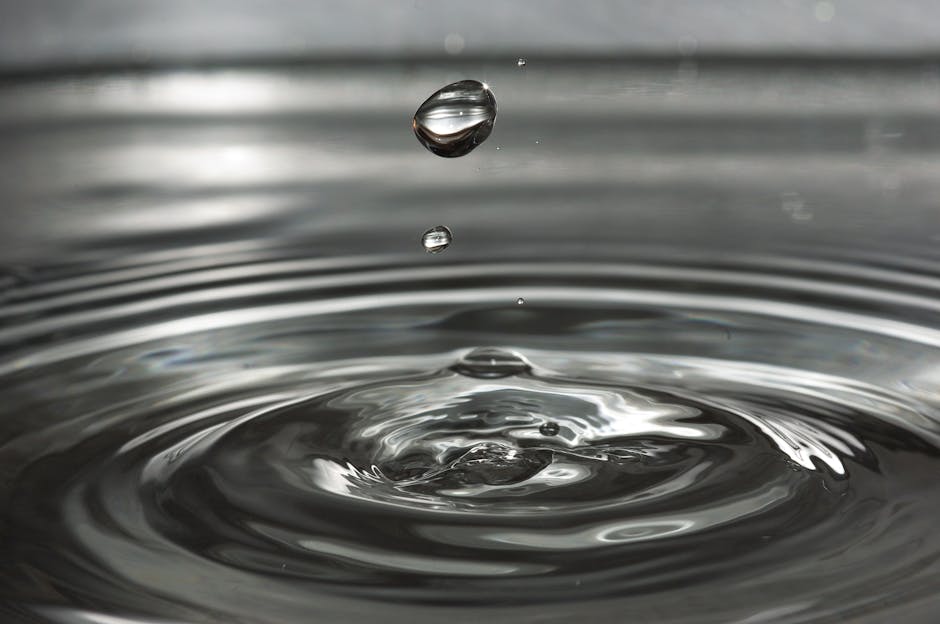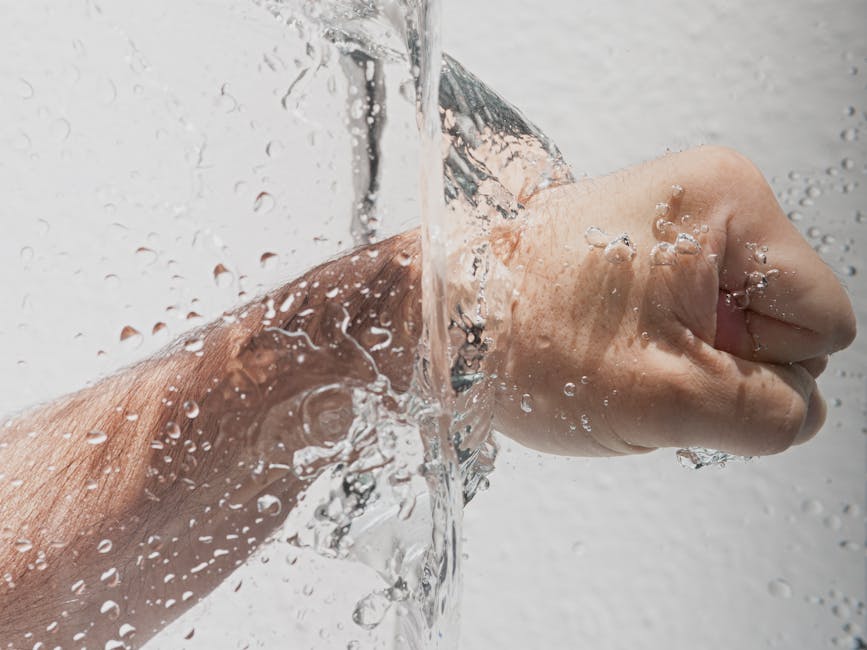The Impact of Hydration on Body Aches: Understanding the Connection
Have you ever experienced unexplained body aches that seem to linger despite taking pain relievers? The answer to your discomfort may lie in something as simple as staying hydrated. In today’s fast-paced world, where water is often replaced by caffeinated beverages and sugary drinks, the impact of hydration on body aches is a topic worth exploring. Let’s delve into the intricate relationship between hydration and body aches, uncovering how proper fluid intake can alleviate pain and promote overall well-being.
The Link Between Hydration and Body Aches

Water is an essential element for the human body, comprising about 60% of our total body weight. It plays a crucial role in various bodily functions, including temperature regulation, digestion, and nutrient transportation. When we become dehydrated, our body systems can become compromised, leading to a range of symptoms, including muscle cramps and body aches.
Dehydration can cause muscle fatigue and stiffness, making it more challenging for the muscles to contract and relax properly. This can result in increased tension and discomfort, contributing to body aches and pains. By maintaining adequate hydration levels, we can support the optimal function of our muscles and reduce the likelihood of experiencing persistent body aches.
The Role of Electrolytes in Hydration

Electrolytes are minerals that help maintain fluid balance in the body and are essential for proper muscle function. When we sweat during physical activity or in hot weather, we lose electrolytes along with water. Replenishing these electrolytes through hydration is crucial for preventing muscle cramps and body aches.
Potassium, magnesium, sodium, and calcium are key electrolytes that play a significant role in muscle contraction and relaxation. A deficiency in these electrolytes can lead to muscle weakness, spasms, and increased susceptibility to body aches. Including electrolyte-rich foods and beverages in your diet can help ensure proper hydration and electrolyte balance, reducing the risk of muscle-related discomfort.
The Importance of Hydration for Joint Health

In addition to muscle aches, dehydration can also impact joint health and contribute to joint pain. Joints are surrounded by synovial fluid, a lubricating substance that helps reduce friction and cushion the bones during movement. When dehydrated, the production of synovial fluid may decrease, leading to increased friction between the joint surfaces.
This friction can result in joint stiffness, inflammation, and pain. By staying adequately hydrated, we can support the production of synovial fluid and maintain the integrity of our joints. Proper hydration is especially important for individuals with conditions like arthritis, as dehydration can exacerbate joint pain and stiffness.
Hydration Strategies for Alleviating Body Aches

Now that we understand the connection between hydration and body aches, let’s explore some practical strategies for staying hydrated and reducing discomfort:
1. Drink an adequate amount of water:
Experts recommend consuming at least 8-10 cups of water per day to maintain proper hydration levels. Carry a reusable water bottle with you throughout the day to remind yourself to drink regularly.
2. Include hydrating foods in your diet:
Fruits and vegetables with high water content, such as watermelon, cucumber, and oranges, can contribute to your overall fluid intake. Soups, smoothies, and herbal teas are also excellent hydrating options.
3. Monitor your urine color:
Your urine color can be a good indicator of your hydration status. Aim for pale yellow to clear urine, which indicates adequate hydration. Dark yellow urine may signal dehydration.
4. Consider electrolyte-rich beverages:
In addition to water, electrolyte-rich beverages like coconut water or sports drinks can help replenish lost electrolytes during intense physical activity or in hot weather.
5. Practice mindful hydration:
Set reminders to drink water throughout the day, especially if you have a busy schedule. Listen to your body’s cues and drink when you feel thirsty to maintain optimal hydration levels.
Common Misconceptions About Hydration and Body Aches
Despite the well-established link between hydration and body aches, there are still some common misconceptions that persist:
Myth: Drinking water can cure all types of body aches.
While adequate hydration can alleviate muscle cramps and tension-related body aches, it may not necessarily address underlying medical conditions that cause chronic pain. It is essential to consult a healthcare professional for persistent or severe body aches.
Myth: Only water can keep you hydrated.
While water is the best option for staying hydrated, other beverages and hydrating foods can also contribute to your fluid intake. Herbal teas, milk, and fruits like watermelon are all hydrating choices.
Myth: Thirst is the only sign of dehydration.
In addition to thirst, symptoms like dry mouth, dark urine, fatigue, and dizziness can also indicate dehydration. Listening to your body’s signals and staying proactive about hydration is key to preventing body aches.
Conclusion: The Power of Hydration in Alleviating Body Aches
As we’ve explored in this article, the impact of hydration on body aches is profound and far-reaching. By understanding the vital role that proper hydration plays in muscle function, joint health, and overall well-being, we can take proactive steps to prevent and alleviate discomfort. Incorporating hydration strategies into your daily routine, such as drinking an adequate amount of water, consuming electrolyte-rich foods, and monitoring your hydration status, can make a significant difference in how you feel.
Remember, hydration is not just about quenching your thirstit’s about nurturing your body from the inside out. By prioritizing hydration and listening to your body’s needs, you can support your muscles, joints, and overall health, ultimately reducing the impact of body aches on your daily life.
So, the next time you experience unexplained body aches, reach for a glass of water and take a moment to hydrate. Your body will thank you for it!




